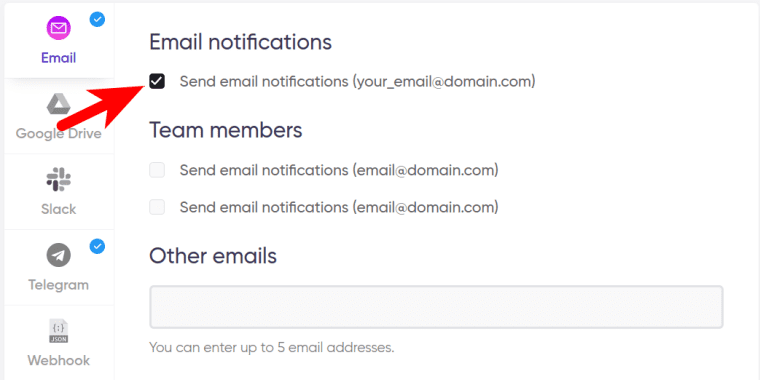In short: This online meta title and description checker will export meta tags and other important SEO parameters from a list of websites.
Click to view the example results for a better understanding of the bot output.

How to use the website meta data extraction tool: Video tutorial
Watch me quickly demonstrate how to launch the meta data extractor:
Or watch a detailed video guide on how to use this website meta tag checker online:
Why extract meta data from websites?
Our fast and simple SEO meta title checker online can be used for multiple business-related purposes, such as:
- SEO audit
- SEO optimization
- Keyword research
- Competitor analysis
- And much more!
This website meta title checker tool can easily grab the following details:
- User URL
- Title
- Meta description
- Follow
- Favicon
- Canonical
- Meta keywords
- Internal links count
- External links count
- Inbound links count
- Images count
- Scripts count
- Title length
- Description length
- Charset
- Generator
- H1
- H2
- H3
- H4
- H5
How to extract title tag and meta description from URLs in bulk
- Sign up on Botster
- Go to the bot's start page
- Enter the links to websites. Each URL must go on a new line.
- Click the "Start this bot" button.
That's it – the meta tag check is now in progress!
Software walkthrough
1. Open the Launch bot form.
Click on the "Start bot" button on the right-hand side of this page to open the meta crawler's form:
 2. Enter the details.
2. Enter the details.
Give your "Job" a meaningful title, and optionally specify (or create) a project folder:
 3. Enter the websites.
3. Enter the websites.
⚠️ Each query must go on a new line:
 4. Set up notifications.
4. Set up notifications.
Specify if you would like to receive a notification when the meta tag extractor tool completes the crawl:
 5. Start the bot!
5. Start the bot!
Click the "Start this bot" button on the right-hand side:
 That's it! You will be taken to your "Jobs" section. The meta tags extractor is now working and will notify you once it's done.
That's it! You will be taken to your "Jobs" section. The meta tags extractor is now working and will notify you once it's done.
Data output
After the meta title and meta description checker completes the job, you can download your data as an Excel (XLSX), CSV or JSON file.